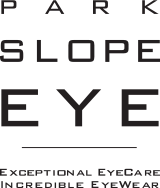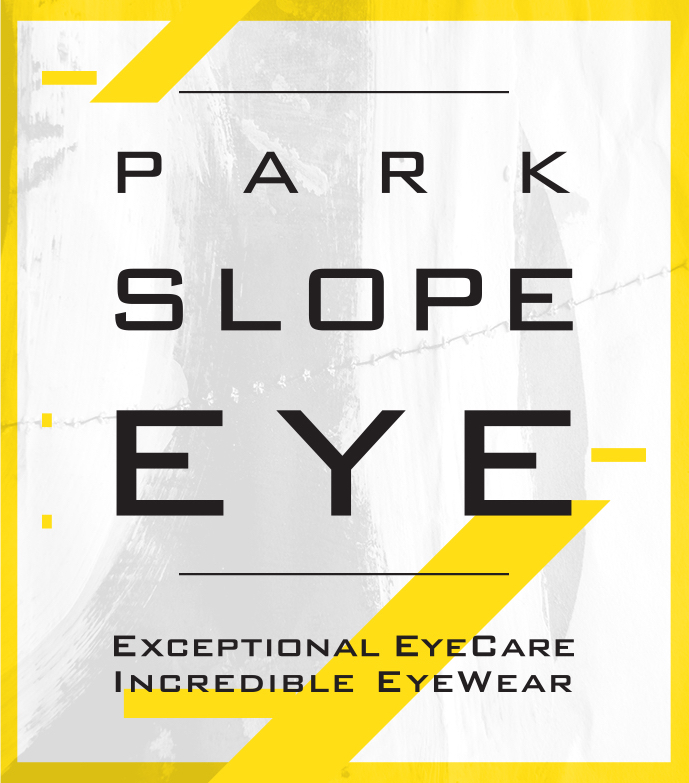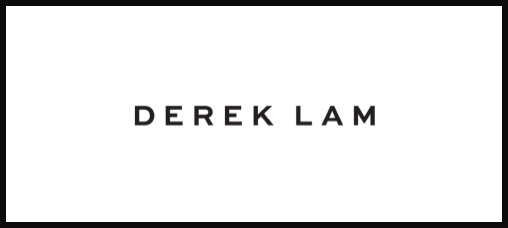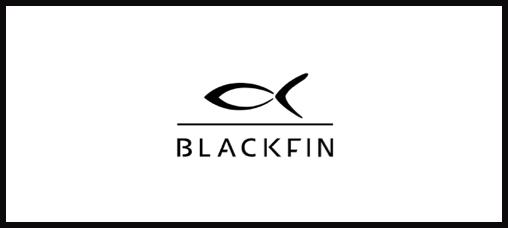If you’ve never worn contact lenses, or you question what they can do for you compared to a pair of stylish glasses or prescription sunglasses, then hopefully we can shed some light on their appeal.
Because they’re in contact with your eye, they’re regulated, and improper or unregulated use of them could lead to complications and eye disease. But the right contact lenses, carefully fitted and prescribed by your optometrist, can provide a few great benefits we’d like to talk about.
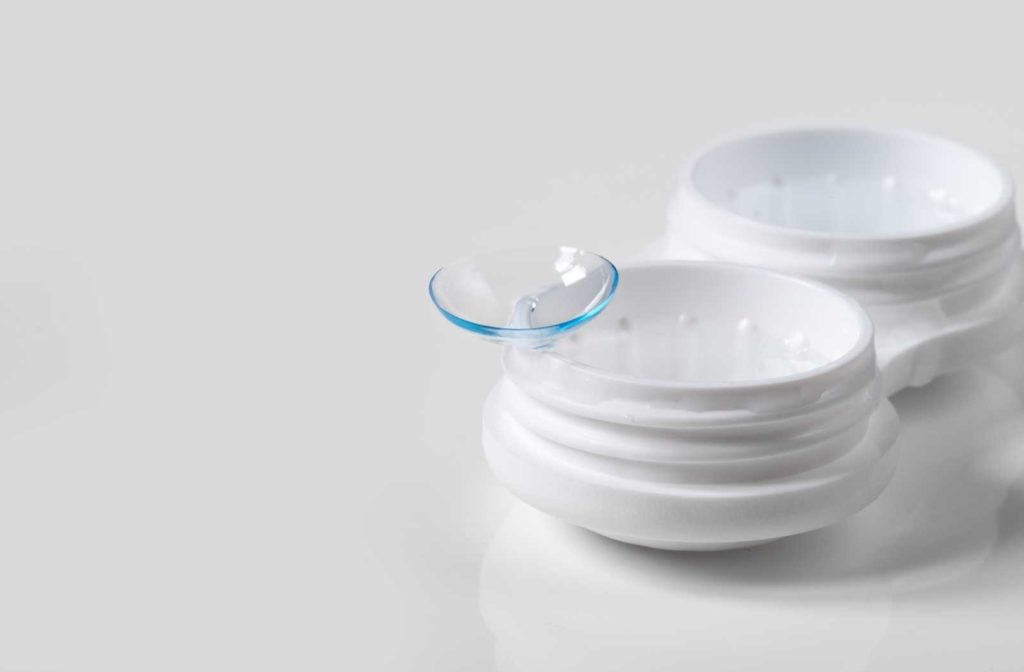
Refractive Error
First and foremost, contact lenses are a go-to for those with refractive errors. That means if you’ve been diagnosed with nearsightedness, farsightedness, or even astigmatism, contact lenses are a great choice of eyewear that can get you seeing clearly, despite your refractive error.
Online vision tests have gained some traction in recent years, but for good reason, a senior, adult, or children’s eye exam from a trusted optometrist remains the only recommended way to get a prescription for your contact lenses. And if you express interest in contacts from the outset, a contact lens exam can streamline the eye exam and tailor it to that purpose.
Contact lenses are one of the few effective options that you can use to improve your vision. But one question that crops up among patients is, “what kind do I need?”
Single-Vision Contact Lenses
These are the kind most are so familiar with. If you’ve got a prescription for common refractive errors like nearsightedness or farsightedness, this kind will be the ideal choice. They provide the vision correction most people need without frames and lenses, which some find necessary for different lifestyles and activities. But if you have astigmatism, something else is needed.
Special Contact Lenses
Specialty contact lenses can also provide unique benefits—but either way, a professional contact lens fitting makes all the difference. Equally critical is an eye exam suited to contact lens wear. With this kind of diligence, your optometrist can supply you with a specialty contact lens for more unique forms of refractive error.
Multifocal & Toric Contact Lenses
For patients with presbyopia, multifocal contact lenses perform in the same way your bifocal glasses might, rendering different zones of focus with different prescription strengths. These contact lenses offer similar correction despite the refractive error being far more complex!
For patients with astigmatism, multifocals with a toric design can correct unique refractive errors that sit on your eye right side up, so you can enjoy contact lens experience that single-vision contacts could never provide you!
Scleral Contact Lenses
Scleral contacts are another specialty contact lens that can even help patients getting treatment for dry eye disease. These lenses vault over your cornea and trap a small reservoir of water on your cornea, while correcting your vision.
Ortho-K Contact Lenses
Ortho-K lenses are kind of like prosthetics for your cornea, and they take the form of contact lenses. The contoured and mapped rigidity gently reshapes your cornea at night so you can go without contacts during the day. The effect is temporary so you have to keep wearing them at night, but they’re contacts that lend you some freedom from daytime contact lens wear.
Benefits of Wearing Contact Lenses
Once you have the right contact lens chosen between you and your optometrist, you can start enjoying the benefits of daily or regular contact lens wear. We name a few that stand out.
- Contact lenses grant a more natural look, as they are worn directly on the eyes.
- Contact lenses do not obstruct vision or reflect anything in view.
- Contact lenses provide an entire field of focused viewing, which is vital for drivers and sports players.
- Contact lenses are light to wear and do not result in discomfort when applied and cared for properly.
- Contact lenses do not fog up, even when you’re wearing a medical facemask.
- Contact lenses can project a healthy, youthful look.
- Contact lenses let you use wraparound sunglasses for total, 360-degree UV protection.
- Contact lenses do not blur vision.
- Contacts can be a line of defense against some UV radiation and pollutants threatening your eyes.
Tips on Using Contact Lenses
You need to develop good habits when wearing or using contact lenses. Make sure your hands are clean all the time before touching your contact lenses. Never sleep with your contact lenses on unless your doctor instructs you.
You also shouldn’t shower, use a hot tub, and especially swim with your contact lenses still on. Lastly, always bring a contact lens solution with you. These simple tips will keep your eyes clean and your contact lenses in excellent condition.
Alternatives to Contact Lenses
If all goes well, you won’t need contacts after refractive laser eye surgeries like LASIK!
But as much as we love LASIK, it’s not for everyone. Some patients endure higher risks for this kind of surgery, so we recommend those who stand an excellent chance at full recovery. If there’s a chance it might not go that well, eyewear like contact lenses and stylish glasses are your friend—and one the best ways to express your fashion sense.
Getting a Fitting & Contact Lenses Right for You
In particular, contact lenses can be breathable, moisture preserving, and comfortable, especially at times when air quality puts a toll on your eye health. Long term, they’re an excellent choice that fits into your morning routine—and your life—smoothly.
As mentioned, before you buy contact lenses, make sure you visit an experienced eye doctor near you, such as Park Slope Eye. We can fit you with a pair of contact lenses that match the specific needs of your eyes. If you need more tips, please don’t hesitate to get in touch with us.
Give us a call at (347) 380-7070 to learn more about our eye services. We will be ready to assist you with your needs.
